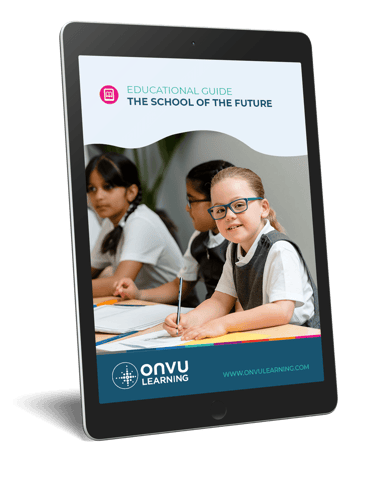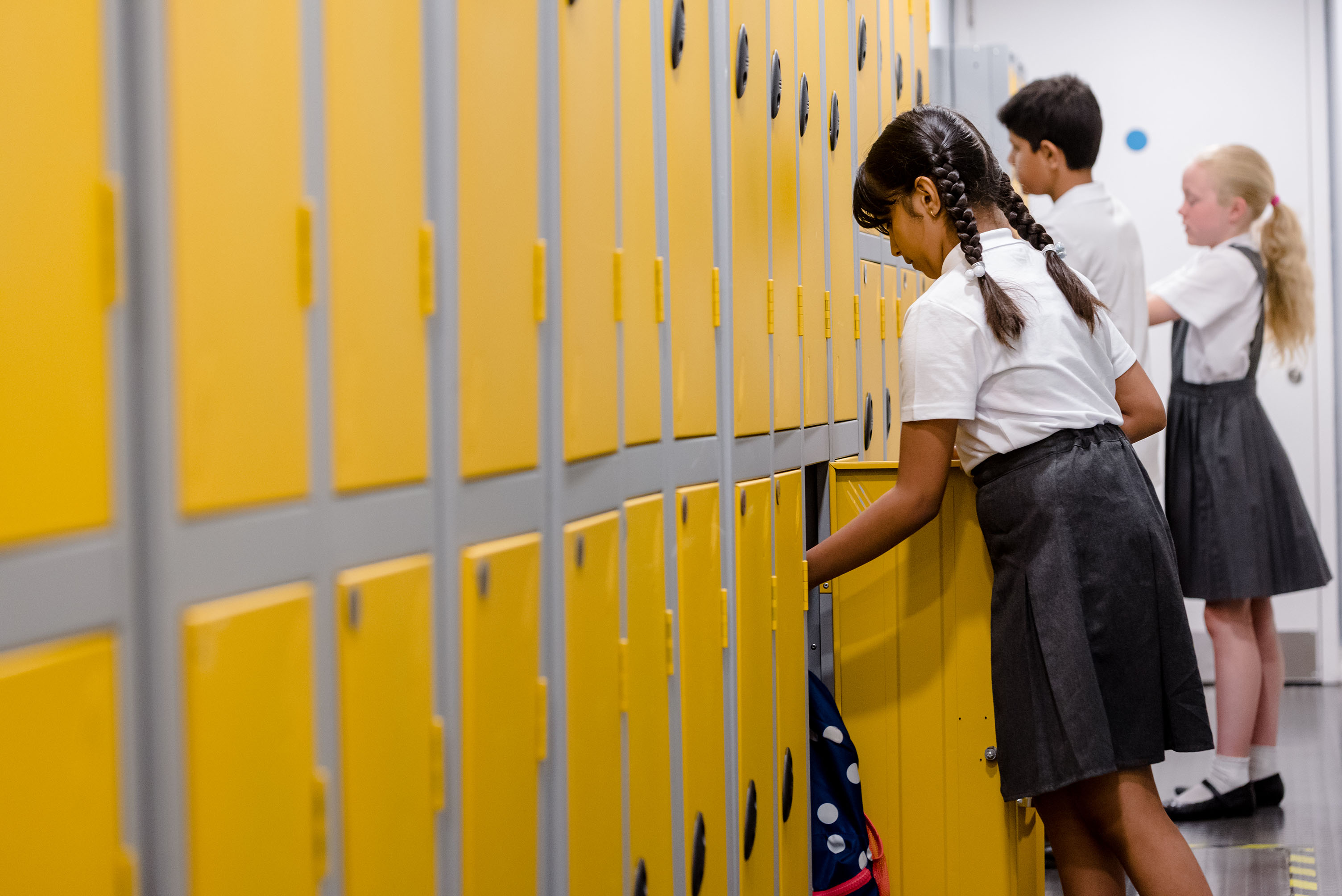- Blogs
- 2 Minute Read


Most schools and teachers in England will need no reminding that school inspection body OFSTED (the Office for Standards in Education) has been using a new framework since September 2019 to inspect schools.
As the first inspection reports have been issued, it has become clear that two of the biggest challenges for schools are the focus on a school’s curriculum and the emphasis on teacher development, especially, but not only, at the start of their careers.
OFSTED is focused on three aspects of the curriculum: The intention, implementation and impact – and schools will be subject to ‘deep dives’ into a number of subjects by inspectors to test these areas. A good explanation of what these require is given in David Didau’s Learning Spy blog here.
Schools are also being challenged on staff workload and how they develop new teachers. This will expand further with the introduction of the Early Career Framework which is being rolled out across England from September2020.
At ONVU Learning we’ve been working with schools facing these pressures, as well as thinking hard ourselves about other ways we can help and facilitate schools to be more compliant. Below we share 5 ways that we see classroom video as being an ideal way for schools to be able to meet OFSTED’s needs.
1. Train teachers to deliver new content and new curriculums
A new curriculum will inevitably involve new content, and potentially new subjects. It can be especially difficult for non-specialist primary teachers to find the time to practice new material, for example in primary modern foreign language teaching. Some of the partner schools we are working with, are already asking expert teachers to share their lessons, removing the need for teachers to be free at the same time for training and providing a bank of exemplar lessons that can be used again and again. Teachers practicing new material can also share their lessons back with the expert teachers for feedback and coaching.
2. Allow teachers to show how they are implementing the new curriculum
A relatively poor way of checking whether change is happening in a school is the ‘learning walk’. Those responsible for a subject will visit a series of classrooms and see what is being taught, perhaps inspecting books to see if there is evidence of the impact of the new curriculum.
A better way is to ask teachers to share evidence of them using the new curriculum by sharing video clips that show this. If they’re doing it correctly, these clips can be stored and shown to OFSTED – if there are any misconceptions, the teachers can receive supportive feedback and then share improvements. There is strong evidence from the Bill and Melinda Gates Foundation Measures of Effective Teaching project that allowing teachers to select their own clips does not affect the quality of the process.
3. Embed best learning practice across a school rapidly
As well as changing the content delivered, many schools are using other evidence-based ideas to improve teaching and learning across the whole school. For example, we’re working with a school that is looking to develop metacognition, an approach that is rated highly by the Education Endowment Foundation. By using video-based coaching to see how new techniques are working in the classroom they have been able to save hours of teacher time, as well as identifying the impact on individual pupils.
4. Show you are supporting and developing trainee students
OFSTED are also looking to see how schools are supporting NQTs – and this article reports that in one school they were interviewed separately about their induction and training on their ninth day in the role! Offering video-based coaching is an especially powerful way supporting them through the process, especially as video footage can be shared with expert colleagues across the school and beyond.
5. Empowering all your teachers to become better
Training provider EduCare suggest in this blog that OFSTED may ask ‘does your school provide teachers with a mentoring programme?’. At ONVU Learning we’ve worked with a number of schools to provide remote expert mentoring and to enable mentors within schools to do more than be there to listen. Our mentors can watch lessons alongside teachers, help them improve their reflective practice and help them make real changes to their lessons. Take a look at our case studies from the UK and India here.

The School of the Future Guide is aimed at helping school leaders and teachers make informed choices when designing the learning environments of the future using existing and upcoming technologies, as they seek to prepare children for the rest of the 21st century – the result is a more efficient and competitive school.
KEEP IN TOUCH WITH ONVU LEARNING AND RECEIVE THE LATEST NEWS ON EDTECH, LESSON OBSERVATION, AND TEACHER TRAINING AND DEVELOPMENT.